Dongji Rescue
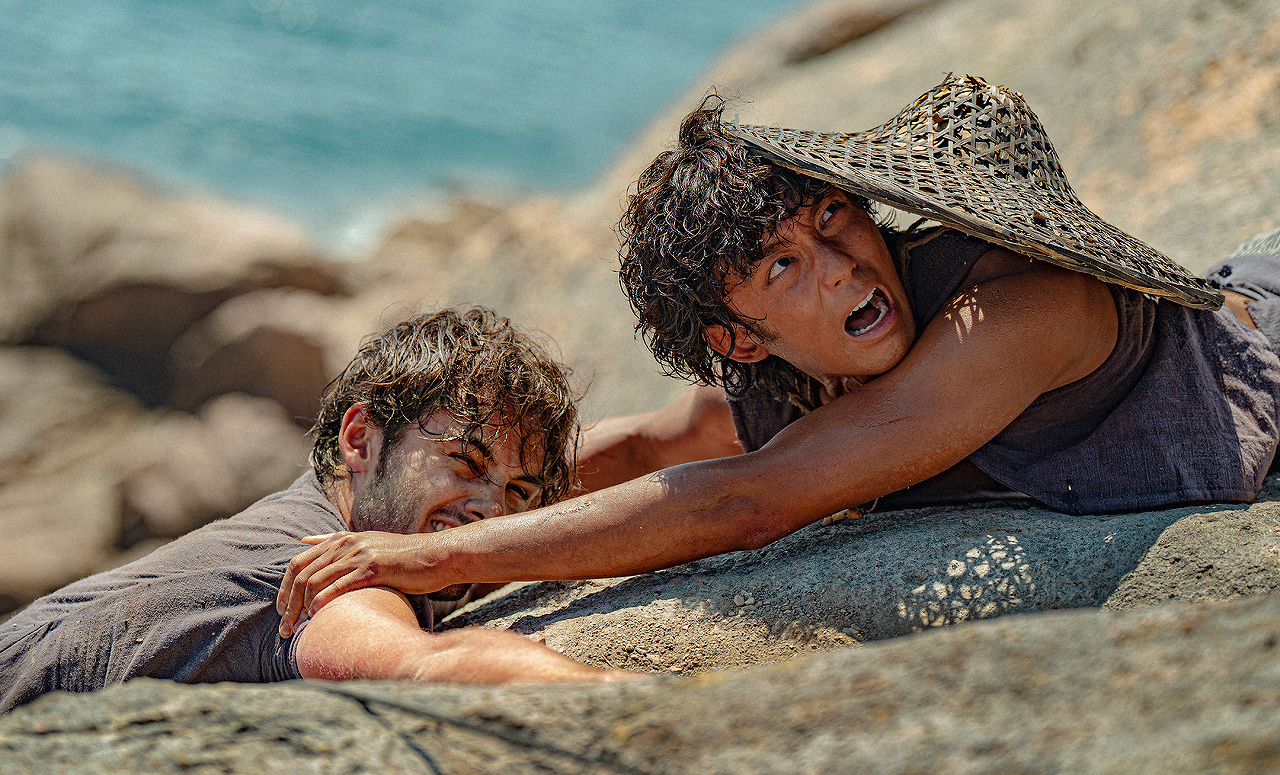
Hopeful in its themes and visually upsetting in its visceral display of the horrific acts of inhumanity by the Japanese soldiers, Dongji Rescue is a film that encapsulates how human connection can break down cultural barriers. Directed by Guan Hu and Fei Zhenxiang, the feature is a fictionalised recount of the sinking of the Lisbon Maru, which housed over 1800 British prisoners of war. Upon its descent into the waters, Chinese fishermen broke through the blockade to aid the men. While the hook of the picture is this act of selflessness by the Chinese fishermen, the piece itself uses this historical context to centre the relationship between brothers Ah Bi and Ah Dang.
As pirate descendants, the two are isolated from the rest of their small island and rely on each other to survive. But with time and age, their dynamic becomes strained and fraught with disobedience from the younger brother, Ah Dang. Ah Bi, on the other hand, is concerned with the blooming romance between him and Ah Hua, the head of the village’s daughter. When Thomas Newman, an Englishman, is blown off the ship and drifts into the waters near the brothers’ fishing boat, the two disagree on what to do with him. Ah Dang insists on rescuing him while Ah Bi is set on leaving him behind.
Where the film excels is in the characters. The bonds that form between these very different people highlight the strength of human connection. This is especially prominent in the friendship between Ah Dang and Thomas. Despite the language barrier, the two communicate through exaggerated body movements and develop a fondness for each other, one that’s tragically tested time and time again. Layered on top of that is Ah Bi’s protective tendencies towards his brother. He dislikes Thomas’s presence because of the imposing danger he brings, but he also can’t help but cover Ah Dang’s attempts to conceal Thomas from the rest of the village. This creates a parallel between Ah Bi and Ah Hua, whose love for her father knows no bounds – creating an intense push and pull in their romantic affair. These tangled links between the different characters sets the foundation for the climactic event of the rescue.
There are interesting production choices that further the stakes and enhance the overall experience of watching Dongji Rescue. The cinematography is beautiful, capturing the scale of the landscape and the depth of the ocean. It shows how small this island stands against the vastness of the water. Still, the people of the village braved the tides to help people in need. The narrative of the feature exhibits a constant back-and-forth with scenes suddenly cutting forward, leaving unanswered questions that are later revealed in another flashback. This technique works in building suspense and emphasising character motivations.
While the piece elevates the theme of “a life is a life” with the intricate links between the different characters, there’s a genuine question over using this grand historical event as a backdrop for Ah Bi’s redemption arc. It creates a sense of individualism that undermines the collective effort of the Chinese fishermen during the rescue operation. Still, it sheds light on an important event, and the acting is astounding from the three leads: Zhu Yilong, Wu Lei and Ni Ni. Overall, Dongji Rescue is an informative movie that takes creative liberties to highlight how human empathy and connection can overcome cultural barriers in surprising ways.
Mae Trumata
Dongji Rescue is released nationwide on 22nd August 2025.
Watch the trailer for Dongji Rescue here:


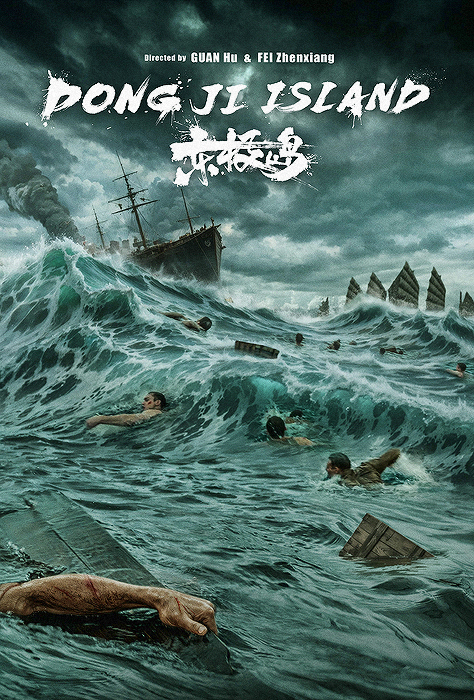
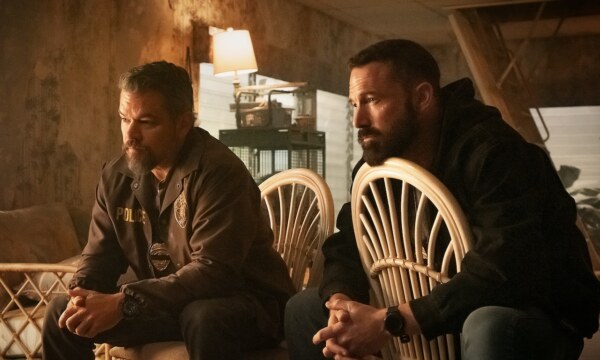
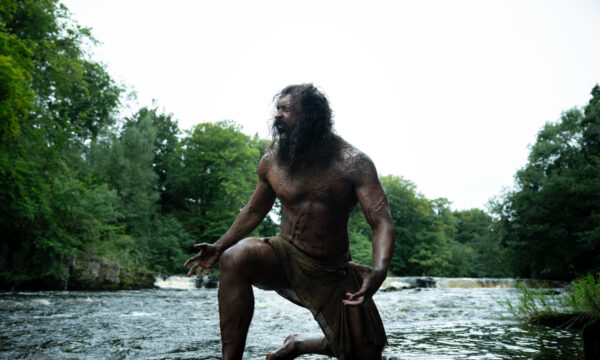

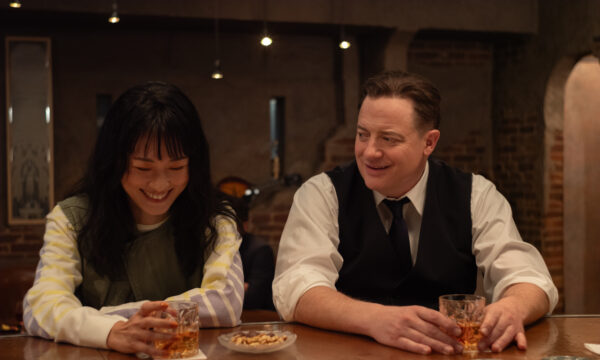
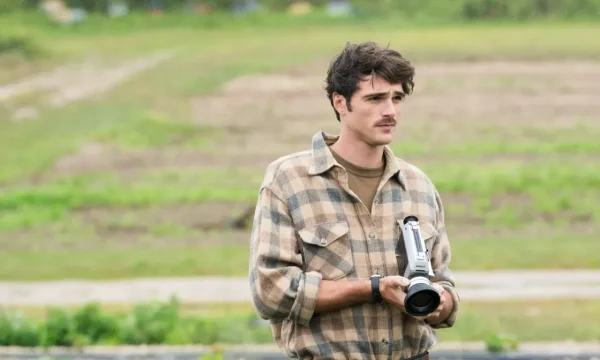
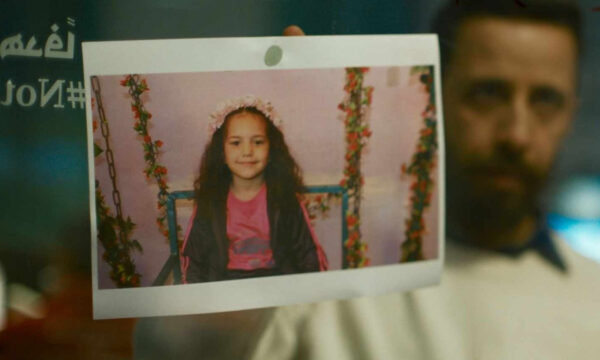

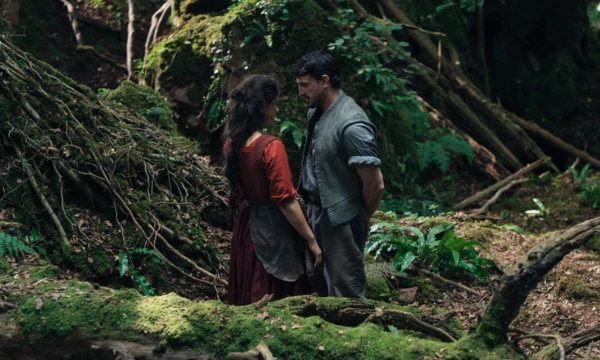
















Facebook
Twitter
Instagram
YouTube
RSS